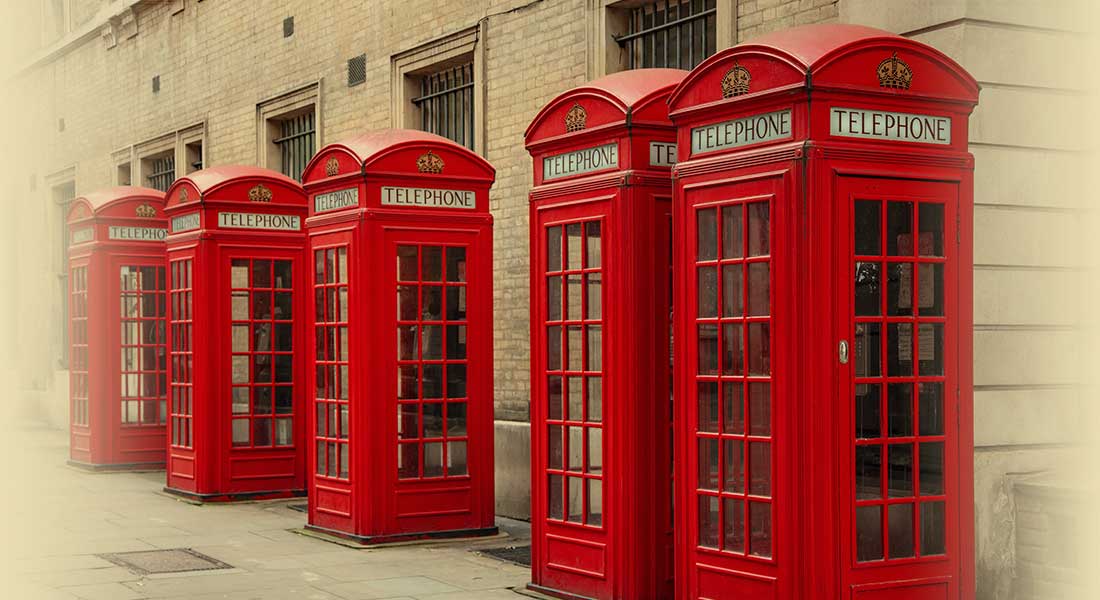Are you an Expat and do you have a UK Will? Do you own assets in the UK, but you now live overseas? Or have you arrived in the UK, but you already have a Will that covers your assets in your country of origin?
If you have assets in more than one country, we recommend that you prepare a Will for each country in which you hold assets.
• Have you planed for your wealth and your estate for the future?
• Are you still trading? Own a company?
Factually speaking, if someone dies intestate when domiciled overseas from the UK, the ones left behind will be going through a very traumatic experience, of course emotionally, but also legally and financially.
BREXIT and INTERNATIONAL
At present, Brexit is a highly grey area and an emotive subject. However, there is information out there to guide you with regards to the EU country you are currently living in. The Institute for Government has a guideline HERE if you’d like to understand more.
Accordingly to data compiled from the BBC, there are more than 5.5m British people living permanently abroad, that is almost one in 10 of the UK population.
For succession purposes, where a matter involves more than one legal system it is necessary to apply the conflict of laws (also referred to as private international law (PIL)) rules that determine which law of succession applies. Where the PIL rules of one jurisdiction conflict with the PIL rules of another jurisdiction, it is necessary to determine which jurisdiction can decide the matter.
Back in August 2015, the rules surrounding dying intestate were simplified, if in the EU, that is to say that if someone died intestate within an EU Member State, the rules of intestacy will be the rules of the country in which they were habitually resident as at the date of their death.
CAPITAL GAINS TAX
Capital gains tax (CGT) generally only applies if you are resident in the UK.
However, in certain circumstances you can also be liable if you dispose of an asset while non-resident in the UK. Non-residents of the UK are also liable to CGT if they are carrying on a trade in the UK and they dispose of UK assets used in that trade.
Non-resident CGT (NRCGT) now applies to the disposal of UK land and property by individuals who are non-resident in the UK. Prior to 6 April 2019, the charge only applied to disposals of UK residential property. You can read more about it on GOV.UK.
Please do get in touch if you would like to know more. You can call or email us by clicking HERE.
INHERITANCE TAX
There are two crucial methods for expats to legitimately avoid UK inheritance tax and ensure you can pass on as much of your estate to your heirs as possible.
1. Firstly, change your country of domicile away from the UK. Domicile is different to “residence”. If you change your country of domicile for tax status, you have to be able to prove that you have no intention of returning to your original country of residence. There are several factors you can consider, such as relinquishing your UK passport, closing UK bank accounts, etc.
2. Secondly, you can protect your estate from inheritance tax by moving them into tax efficient financial structures; this is where Robert Cartmell Consultancy comes into force.
Reasons for Making a Will
• To appoint a guardian for your children under age 18, should you die
• To ensure wishes with regards to your assets are met *
• To stipulate how old any children should be when they inherit your assets
• To set up trusts for family members or disabled beneficiaries
• To minimise any Inheritance Tax liability
• To avoid disagreement over your estate by clearly specifying your wishes
• To avoid your assets going to the Crown** if you have no family
• To cover all possible situations– for example who would inherit if your main beneficiary died before you?
• To express your funeral wishes
• unmarried partners
• lesbian or gay partners not in a civil partnership
• relations by marriage
• close friends
• carers
*In the UK, at present, the following have no right to inherit where someone dies UNLESS they are written into a Will (ie if you die with no Will “intestate” these people would not be allowed to inherit even if they were your wishes):
**Crown – Government will look after your Estate. This is known as bona vacantia “ownerless”. Dying without a will (‘intestate’) means your estate will become ownerless. This means the state will be able to lay claim to whatever assets you leave behind.
Conclusion
If you own property in the UK and are likely to acquire assets in the country you are domiciled in as well, it is so important you take advice on the importance of having a valid Will in place, not only in the UK but in the jurisdiction they are either moving to or currently living in.
Dying intestate in the UK causes complications enough. For the survivors of expats who die without a Will, the resulting administrative and financial problems can be a nightmare – and one that is completely avoidable.
Even if you no longer live in the UK your estate is likely to be exposed to unnecessary UK inheritance tax – and potentially death taxes in the country you are now living in (or moving to).
For expert advice, please contact us, it is our pleasure to advise.
Robert Cartmell is a leading authority in Estate Planning.


